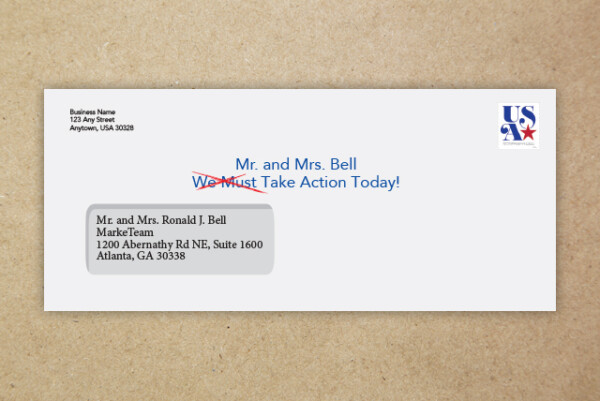September 17th, 2018
Even on everyday interactions, “we must” can cause issues. We must go to the store … we must clean up the kitchen … we must attend our daughter’s recital … we must cook dinner tonight. Using “we must” presupposes that our priorities are completely aligned and that one of the two parties has assumed a leadership role.
Both assumptions are totally incorrect in fundraising copy.
Remember, the donor or member is in total control of the desired action: providing funding for a particular need. In addition, it’s rare for a nonprofit’s mission to be completely aligned with a donor at any point in time.
Certainly, supporters are somewhat aligned with your organization’s goals or they would not have made one or more gifts in the past. But voluntary actions in the past only imply that the recipient is interested today. That’s where a good copywriter can make all the difference.
Two action platforms are needed in any fundraising communication: a statement of need (hopefully with an emotional hook) and an action item that will fulfill that need. Then it’s up to the supporter.
In international relief, the statement of need can be the impact of a natural disaster … and the organization’s plan to help families. For a veteran’s service organization, it could be the need to modify a service member’s home for the use of a wheelchair … and the building supplies needed. For a health charity, it could be a clinical trial … and the possible outcome expected. Or for a university, it could be an outstanding student who wishes to attend the college … with a scholarship to fulfill that dream.
In all cases, there is no “we” and no “must”—the donors are the action takers and have to be convinced that their support can help solve the problem through the proposed action.
The only place “we must” should be used is when you say “We must thank you for your generous support!”
By Dave Farmer | Senior Project Manager
